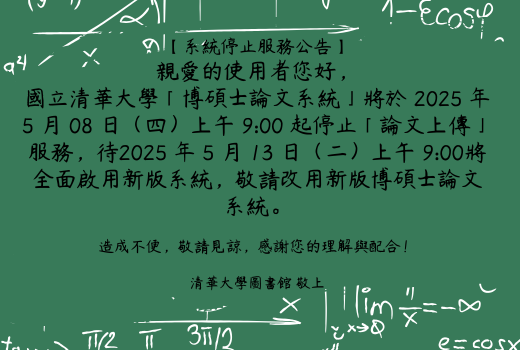|
Topic on the integration of confucianism and legalists in Early Han dynasty has been widely studied. Based on this phenomenon, this thesis intends to interpret how the confucianism scholars in Han dynasty inherited and developed to practice the “Mandate of Heaven” and the ideal of “all under Heaven” from their predecessor in Pre-Qin dynasty. The connotations of the Qin political system were transformed actively to respond the political and diplomatic scenarios for that duration.
The dissertation is divided into five chapters. In the opening chapter, the author reviews recent research on the integration of confucianism and legalists in Early Han dynasty, indicates the dimension of “confucianization of law,” and outlines the impact on Chinese political thoughts by consciousness of “Mandate of Heaven”. The content of the second chapter is to signify the meanings of “Mandate of Heaven” through probing into its historical background, the turbulent transition period from Shang to Chou dynasties accompanied with constant conflicts between these two political powers, and to reveal that the interaction between “destiny” and “virtue” was established on the bases of social activity. In the third chapter, the author firstly points out how the idea of “Mandate of Heaven” from Western Chou dynasty was inherited by Confucius in the political environment he was surrounded with, and extracts the social and religious dimensions of “Jen” from the textuality between “Jen”and “Li” in the Analects.In the fourth chapter the author explores the historical consciousness of “Tao” and the realization of the mission of gentlemen in the Analects. This issue is furthermore compared with the individualistic and body conceptual philosophy of Laozi, who advocates anti “Mandate of Heaven” and anti historical consciousness. Lastly, based on the differences between the theories of Confucious and Laozi, the environmental factors of prosperity and decline of Huang Lao thoughts are able to be discriminate, and consequentially lead to the integration of confucianism and legalists referred to transferring the connotation of Qin political system by confucianism scholars in Early Han dynasty. The last chapter concludes that the consciousness of “Mandate of Heaven” and the idea of “all under Heaven” both show to take on the characteristics of “cosmopolitanism” from today’s point of view. Accordingly, except from the pros and cons of libertinism or despotism, this finding may provide people another penetrating point to examine the advantages and disadvantages of confucianism.
|
